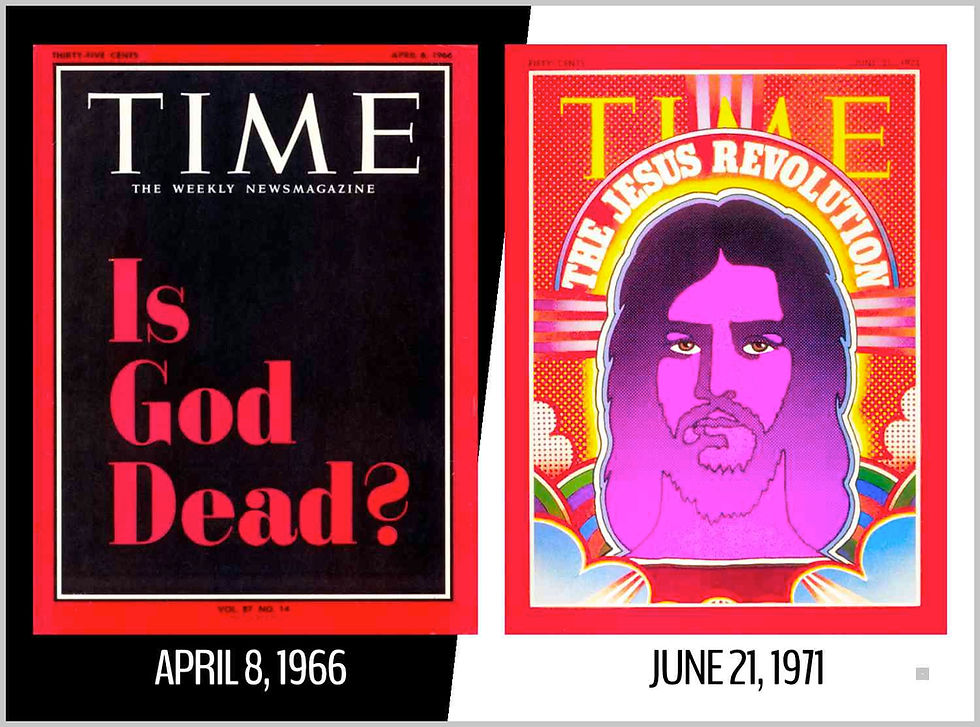Perception & Fairness
- May 14, 2024
- 3 min read

Do you assess your circumstances by what you perceive as fairness?
Years ago I came across an article on what American pet owners spend on their dogs. Sun Rooms Plus—a remodeling company in Albuquerque—had a brisk business building additions on homes for dogs, averaging $20,000 per unit. A store in Newport Beach sold sofas for dogs for $2000. Or at the Doggie-Do Salon in Manhattan, owners could throw dog birthday parties and “bark mitzvahs” with printed invitations and gift registries. A hotel in Beverly Hills offered doggie room service with a menu that included poached salmon belly with frothed milk or caviar with hard-poached eggs for only $98.
These dogs don’t have owners—they have a staff. And who knows what the prices are now?
Two questions: Does it seem fair these dogs have it better than 99.99% of us? And is it any surprise why so much of the world doesn’t like us?
On the other hand, it seems Jesus had a very different view of fairness. Consider the terse response He gave the man in Luke 12 who asked Him to get his brother to divide the inheritance. With this apparent issue of fairness, Jesus turned it into a pointed public moment of introspection for this poor guy. That was probably the end of Q&A time for everyone.
Or how about the parable on Matthew 20 of the factory owner who paid everyone the same amount at the end of the work day, no matter how many hours it was? Though Jesus turned it into a lesson of radical generosity and mercy, the issue of fairness is what drove the workers’ complaints.
One thing for sure: How I view my current circumstances is a way to assess my level of servanthood to Jesus and His mission.
I was intrigued by this line of thought from Christian philosopher C. S. Lewis in his little book of essays called God in the Dock:
“If you think of this world as a place intended simply for our happiness, you find it quite intolerable; think of it as a place of training and correction and it’s not so bad. Imagine a set of people all living in the same building. Half of them think it as a hotel, the other half think it is a prison. Those who think it a hotel might regard it as quite intolerable, and those who thought it was a prison might decide that it was really surprisingly comfortable. So that what seems the ugly doctrine is one that comforts and strengthens you in the end. The people who try to hold an optimistic view of this world would become pessimists: the people who hold a pretty stern view of it become optimistic.”
Think about how Paul saw his own presumably unfair imprisonment:
And I want you to know, dear brothers and sisters, that everything that has happened to me here has helped to spread the Good News. For everyone here, including all the soldiers in the palace guard, knows that I am in chains because of Christ. And because of my imprisonment, many of the Christians here have gained confidence and become more bold in telling others about Christ. PHILIPPIANS 1:12–14 NLT
Perception is huge. This is critical for leaders because we are often susceptible to “entitlement traps”.
It helps if we see this life as a total learning experience: the place where we practice becoming what we will become.
Dave Workman | The Elemental Group
Is there clarity in your church or organization regarding your mission, vision, and core values? Maybe it's time for EnVision...a revolutionary gamified approach to charting your church's future. Team-based, self-facilitating, and interactive!




Comments